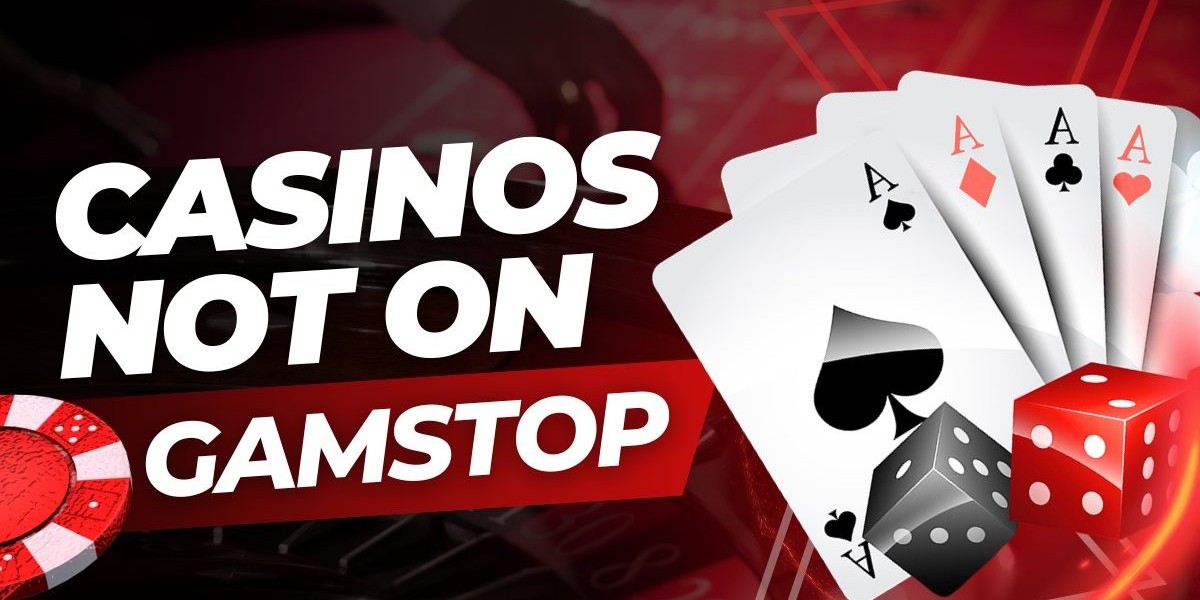When the UK Gambling Commission introduced a ban on credit card casinos uk gambling in April 2020, it became one of the first major jurisdictions to take such a bold stance. But how does this policy stack up globally?
In this article, we’ll explore how the UK’s credit card gambling ban compares to other countries, which nations have followed suit, and what global trends are emerging in gambling regulation and financial safeguards.
? The UK: Leading the Way
The UK was among the first major regulated markets to prohibit all credit card gambling, both online and offline (except for non-remote lotteries like National Lottery tickets purchased in-store).
Highlights of the UK’s policy:
Applies to all gambling operators licensed by the UKGC
Includes indirect use of credit via e-wallets
Supported by banking institutions, fintech companies, and gambling harm charities
Integrated with GAMSTOP and self-exclusion tools
The UK took this step after discovering that over 20% of credit card gamblers were problem gamblers—a significantly higher rate than other payment users.
?? Australia: Following in the UK’s Footsteps
Australia announced in 2023 that it would ban credit card use for online gambling starting from 2024.
Key points:
Covers credit cards and digital wallets
Includes Buy Now, Pay Later services
Fines of over $230,000 AUD for non-compliant operators
Inspired heavily by the UK model
While the ban applies to online gambling, lotteries and retail betting are currently exempt.
?? United States: A Mixed Patchwork
The US gambling landscape is complex due to state-level regulation. As a result:
Some states allow credit card deposits for online gambling
Others restrict or discourage it
New Jersey and Pennsylvania allow it, but many banks still block transactions voluntarily
There’s no federal ban on credit card gambling, and approaches vary widely across states.
?? Sweden: No Formal Ban—But Strong Consumer Controls
Sweden doesn’t ban credit card gambling outright, but:
Banks offer gambling blocks
Self-exclusion tools like Spelpaus are widely promoted
The Swedish Gambling Authority enforces strict operator requirements, including affordability checks
There is growing political discussion around tightening financial controls.
?? Germany: Strict Limits, No Credit Cards
Germany’s 2021 Interstate Treaty on Gambling introduced a highly controlled environment for online gambling.
Credit card status:
Not outright banned, but difficult to use for gambling due to:
Monthly deposit limits (€1,000 per person)
Operator-level restrictions
Banks blocking many gambling-related credit card transactions
?? Canada: Operator-Dependent
In Canada, gambling is regulated at the provincial level. Credit card use is:
Allowed on provincial gambling platforms (e.g., OLG in Ontario)
Sometimes blocked by banks for offshore or grey-market operators
Still commonly used but increasingly questioned by consumer groups
? Global Trend: Toward Financial Responsibility
Across the board, more countries are taking steps to curb the use of credit for gambling, whether through full bans or voluntary restrictions.
Common themes:
Protecting consumers from debt-fueled gambling
Encouraging affordability checks
Promoting bank and operator cooperation
Supporting self-exclusion tools
The UK’s pioneering approach is often cited in global regulatory discussions as a template for harm reduction.
? What This Means for UK Players
As a UK player, you're in one of the most strictly regulated gambling markets in the world. While this may limit certain payment options, it also offers:
Stronger consumer protections
Greater transparency from operators
A safer, debt-free gambling environment
UK players also benefit from tools like:
GAMSTOP self-exclusion
Bank-level gambling blocks
E-wallet safeguards
✍️ Final Thoughts
The UK’s credit card gambling ban isn’t just a national policy—it’s a global benchmark. While other countries are catching up, few offer the same level of integration between gambling operators, financial institutions, and consumer protection agencies.
If you’re gambling in the UK, you’re part of a system designed to keep things fun, fair, and financially safe—a model many others are working hard to replicate.






